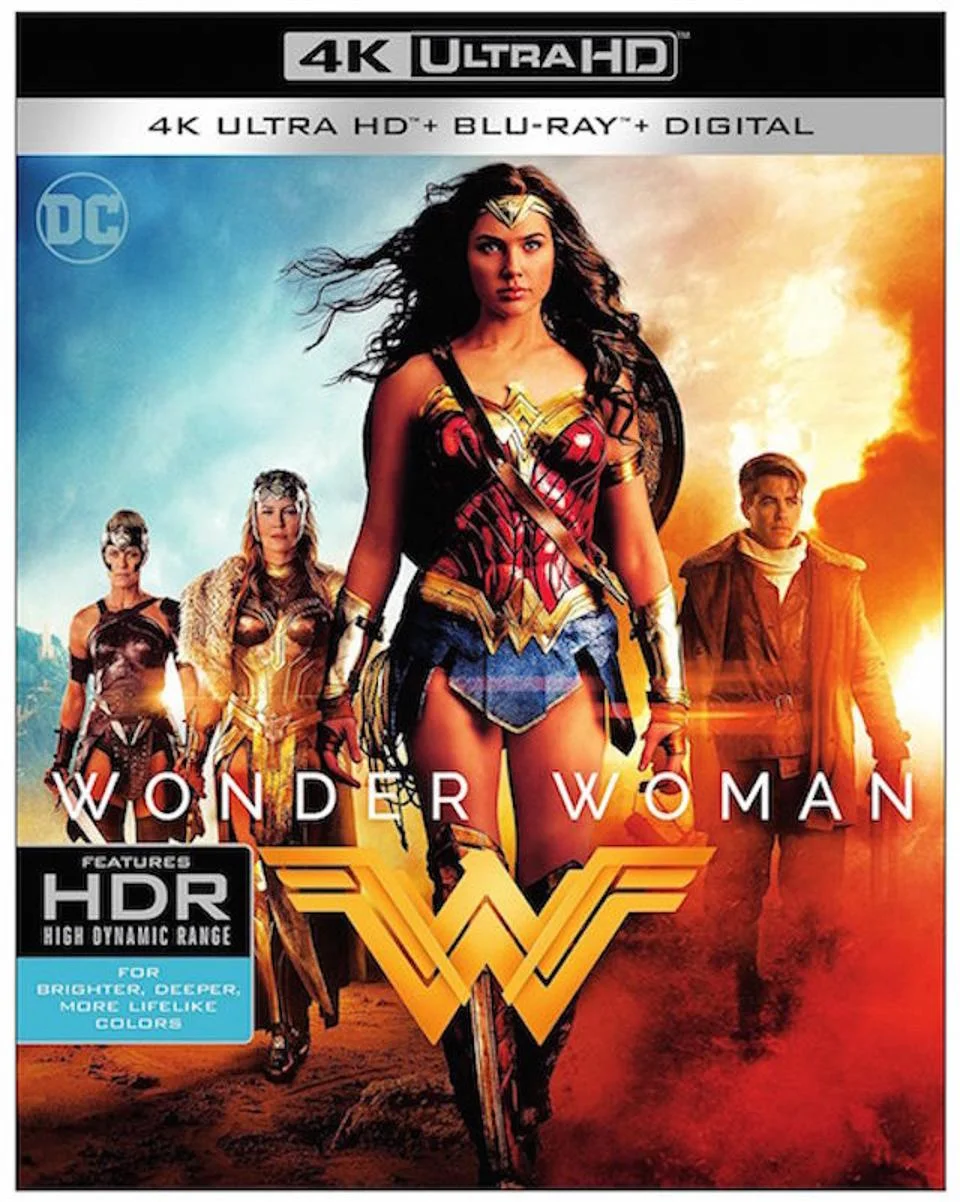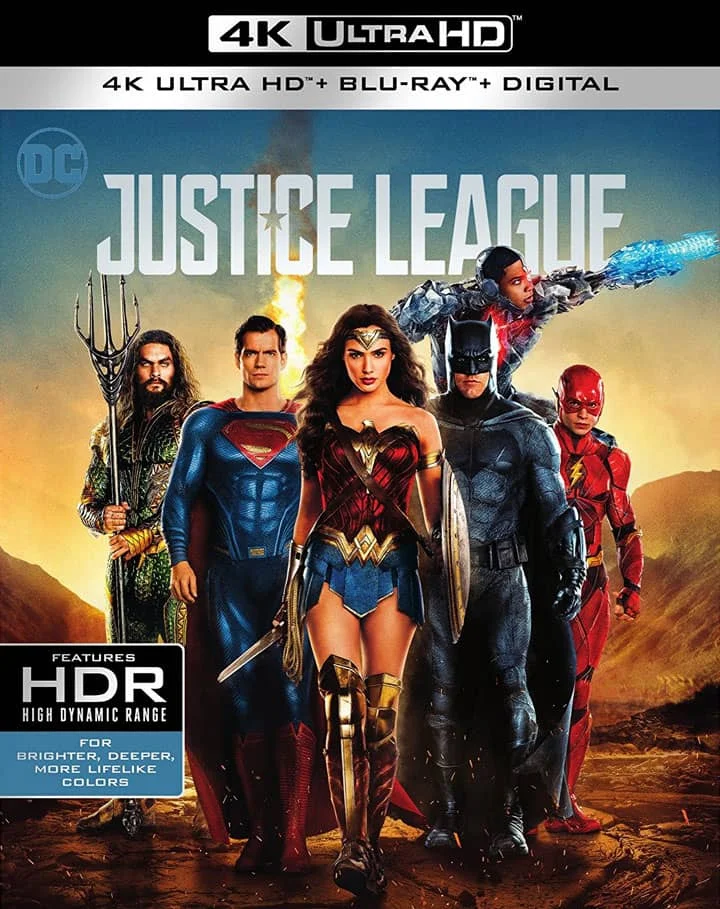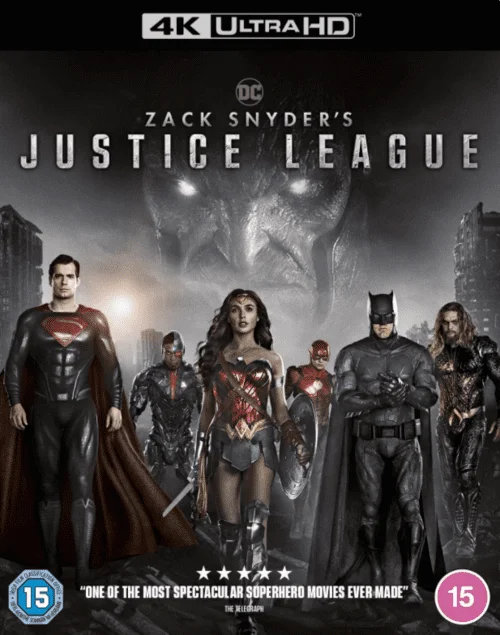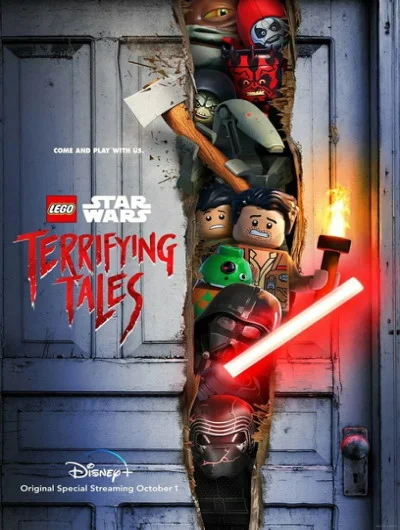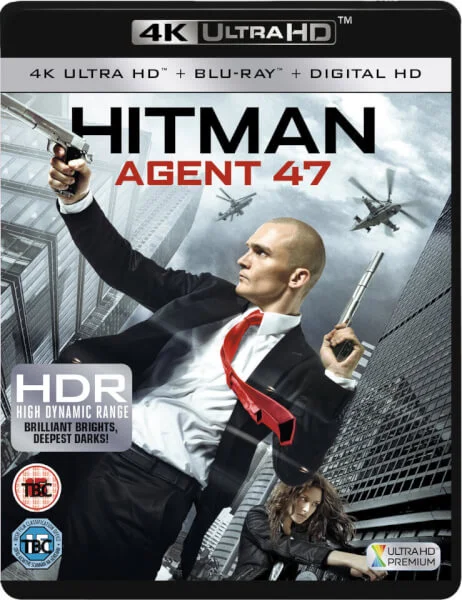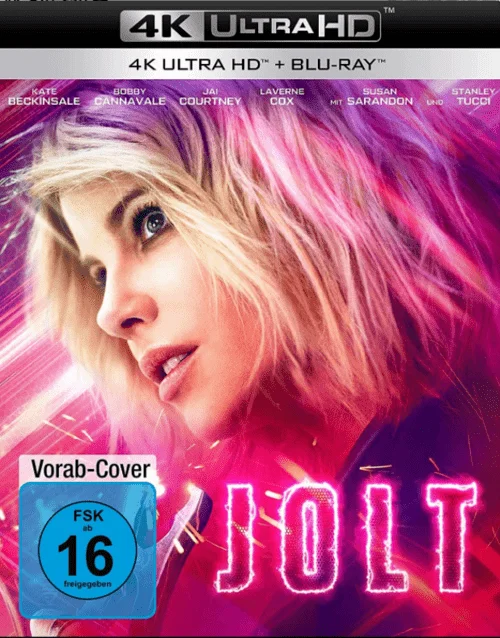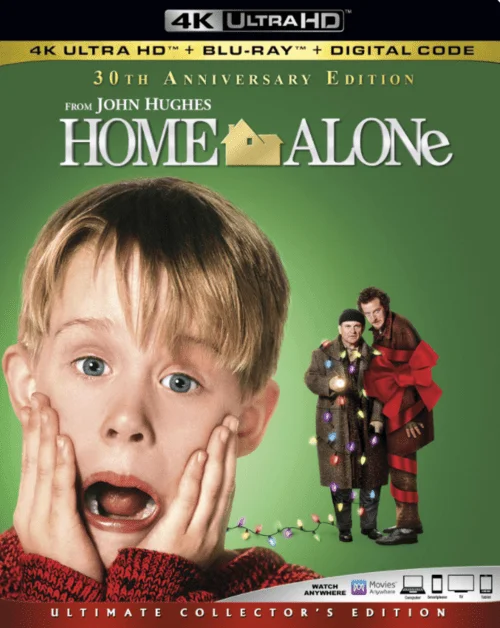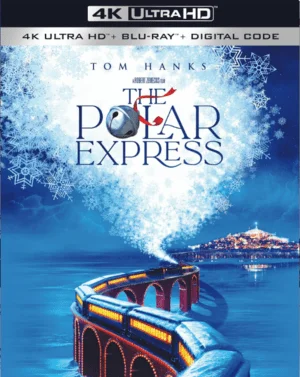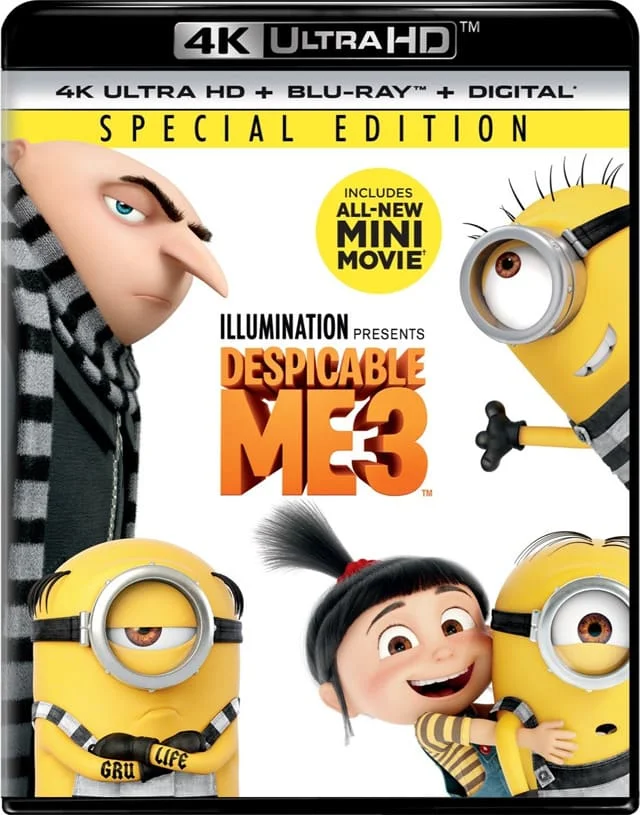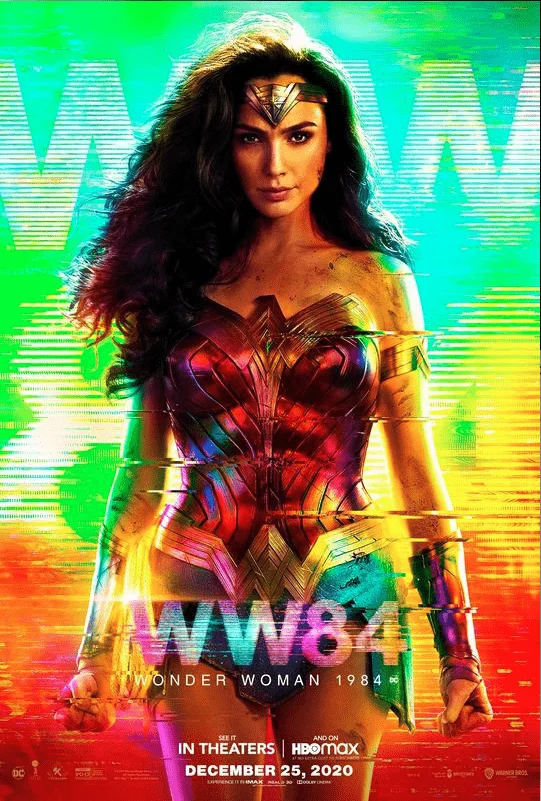
Wonder Woman 1984 4K 2020 IMAX Ultra HD 2160p
Cast: Gal Gadot, Chris Pine, Kristen Wiig, Pedro Pascal, Robin Wright, Connie Nielsen, Lilly Aspell, Amr Waked, Kristoffer Polaha, Natasha Rothwell, Ravi Patel, Oliver Cotton, Lucian Perez, Gabriella Wilde, Kelvin Yu.

The film is set in the 80s. Princess Diana of the Amazons once again faces new challenges, to overcome which she will be helped by suddenly resurrected lover Steve Trevor.
Wonder Woman 4K Review
Nearly 70 years after the events of the first Wonder Woman, Diana (Gal Gadot) is still grieving for her beloved pilot Steve Trevor (Chris Pine). In 1984, she continues to fight small and large criminals, and during the day she works at a research center. There, Diana meets Barbara Minerva (Kristen Wiig), an introverted scientist who is being analyzed by the FBI with a strange stone. It looks like a cheap citrine, if not for one "but": a mysterious inscription in Latin, promising the fulfillment of one desire to everyone who touches it. Not really believing in this, Diana and Barbara still make plans at will - and they suddenly come true. Barbara becomes "the same as Diana", that is, she gets super powers, and Steve returns to Wonder Woman.
This same stone is looking for Maxwell Lord (Pedro Pascal) - a charismatic but unlucky businessman who with the last bit of strength keeps the oil company afloat. Having reached the citrine, he plans to become a stone himself and begins a world tour to fulfill the desires of the powerful. True, for every desire he takes something in return and soon becomes the most powerful person in the world, incidentally (and unconsciously) plunging this very world into complete chaos.
It's funny to see how the DC Universe - which was initially positioned as such a "dark response to Marvel" - by the beginning of the new decade, radically changed the direction of development. That “Aquaman”, that “Shazam”, that now a new “Wonder Woman” is trying to surprise not with gloomy faces and neo-noir tones, but, on the contrary, with naive fun in the spirit of adventure pictures of the 80s. Patty Jenkins 'work in this sense goes even further and literally takes the action into these very eighties - to beat the Zeitgeist on all viewers' receptors at once.
The plot here is also assembled from templates typical of the era: there is a comic loser (Cheetah) who is destined to finally believe in herself, a story about a hit and another interpretation of the idea of a “monkey's paw” - an artifact that grants wishes, but at a very high price. There are, of course, differences: the same loser will turn out not to be a heroine, but a secondary villainess, and the main bastard Maxwell Lord is not at all a typical cinema capitalist tycoon, as it might initially seem. And another confused loser who wants his son to be proud of him, and goes for rather dubious measures for this.
Individually, these deviations from the mold are curious: Wonder Woman 1984 turns the pop culture myth of a loser who does it all because he deserves it, upside down. Here the desire of the losers to “be the first” is interpreted as destructive, and the heroine opposes them, on the contrary, privileged due to strength from the very birth. That is, the "American dream" is being replaced by an almost communist slogan "from each according to his ability, to each according to his needs": they say, if you were born a boring gemologist, then live with it, you don't have to jump over your head, your own dear.
The problem is that such interesting ideas in Wonder Woman 1984 have to be searched for with a magnifying glass - the film wants to tell too much, throws scenes and whole storylines forwards instead of focusing on one thing. In this he is a bit like "Spider-Man 3" by Sam Raimi - several villains with their individual dramas were also shoved there at once. And at the same time, it was also necessary to tell about the emotional experiences of Peter Parker himself, and to insert the action somewhere, in general, like Caesar, to deal with a hundred cases at once. As a result, even the great Raimi caved in under the weight of ambition - to say nothing of Patty Jenkins, who had hardly ever worked with big narratives before.
Neither the line of meeting (and inevitable repeated parting) of Diana and Steve, nor the formation of Cheetah, nor the throwing of Maxwell Lord on the screen, is simply not enough time: the film exists entirely in half measures, simplifications, exaggerations. At the same time, it goes on for a giant two and a half hours, and there are exactly three action scenes in it (and all of them are clumsy). Jenkins gets confused about priorities and, just like in the old adage, chases all the rabbits at once - with a completely logical result.
The ending suffers most of all because of this - the anti-cathartic notation about the dangers of freebies and that everything needs to be achieved on our own. Moreover, it was re-filmed here at the request of the studio, and now in Wonder Woman 1984 it is impossible not to count the cold calculation of the producers, who, against the background of sad world events, decided to present the viewer with a “kind” and conciliatory ending. In which the whole world will surely unite in a common impulse of altruism. Where even the main villain realizes that being bad is bad, and will return to his son, because he loves him even as a loser. All this, of course, is cool, but not when it comes from a company that almost single-handedly killed the film distribution for fear of losing money. And where is your vaunted sacrifice?
Info Blu-ray
Video
Codec: HEVC / H.265 (40.2 Mb/s)
Resolution: Native 4K (2160p)
HDR: HDR10
Aspect ratio: 2.39:1
Original aspect ratio: 2.39:1
Audio
English: Dolby Atmos
English: Dolby TrueHD 7.1 (48kHz, 24-bit)
English: Dolby Digital 5.1
Subtitles
English SDH, French, Spanish, Dutch, Mandarin (Simplified), Mandarin (Traditional), Korean, Czech, Danish, Finnish, Hungarian, Norwegian, Polish, Portuguese, Romanian, Swedish, Thai.
File size: 26.3 GB
Trailer Wonder Woman 1984 4K 2020 IMAX Ultra HD 2160p
Latest added movies
Comments on the movie
Add a comment
 like
like do not like
do not like